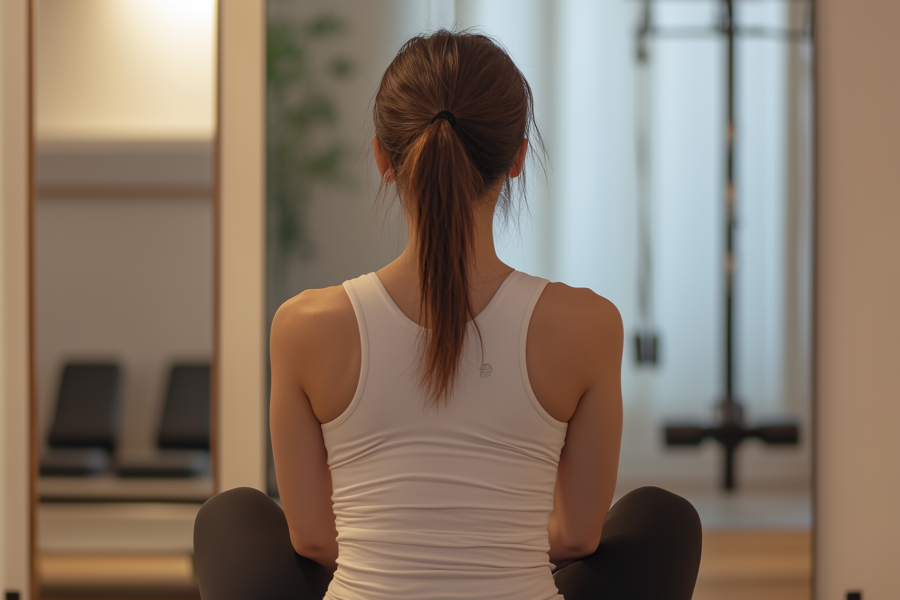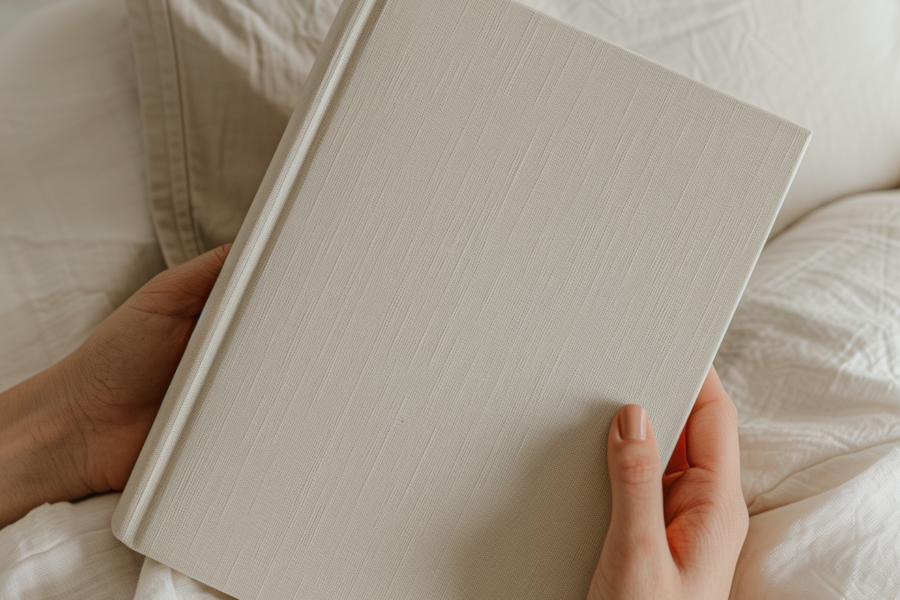Cold showers might not sound like your idea of wellness, but research is increasingly showing they can offer some serious health benefits—from boosting metabolism to reducing inflammation. If you’re looking for a low-cost, high-impact addition to your routine, here’s why taking the plunge might be worth it.
1. Boosts Metabolism
When exposed to cold, the body activates brown adipose tissue (BAT)—a type of fat that burns calories to produce heat. A study published in The New England Journal of Medicine (2009) found that BAT can significantly contribute to increased energy expenditure and play a role in weight regulation [1].
Another study in The Journal of Clinical Investigation (2014) showed that regular cold exposure increased brown fat activity and insulin sensitivity in healthy men [2].
TL;DR: Cold showers may help increase calorie burn and support fat loss over time.

2. Improves Circulation
Cold exposure triggers vasoconstriction (narrowing of blood vessels), followed by vasodilation (widening), which stimulates circulation. This process helps move blood more efficiently through the body, improving nutrient and oxygen delivery.
A study in Medical Hypotheses (2008) suggested that regular cold showers may help improve cardiovascular circulation and overall heart health [3].
TL;DR: Cold showers train your vascular system, making it more efficient and resilient.
3. Reduces Inflammation and Speeds Up Recovery
Athletes have long used cold therapy (like ice baths) to reduce muscle soreness and inflammation. Research in Sports Medicine (2012) found that cold water immersion significantly reduced muscle soreness after exercise [4].
Another study in the European Journal of Applied Physiology (2014) showed that cold exposure reduced markers of inflammation and aided in quicker muscle recovery [5].
TL;DR: Cold showers help you recover faster and reduce post-workout soreness.

4. Enhances Mental Clarity and Mood
The shock of cold water increases the release of norepinephrine and dopamine, both of which are neurotransmitters linked to alertness, focus, and improved mood. A study published in Medical Hypotheses (2008) proposed cold showers as a treatment for depression due to this dopamine spike [6].
TL;DR: Cold showers can give you a natural energy boost and elevate your mood.
5. Builds Mental Resilience
Doing something uncomfortable like a cold shower can build psychological resilience. A randomized controlled trial in PLOS ONE (2016) found that people who took cold showers for 30–90 seconds reported increased energy levels and reduced sickness absence from work, even though most didn’t love the experience [7].
TL;DR: Cold showers train your brain to handle stress better, starting with the little things.
How to Get Started
- Start with your usual warm shower.
- At the end, turn the water to cold for 15–30 seconds.
- Gradually increase to 1–2 minutes over time.
- Focus on breathing slowly—it helps you adjust to the cold faster.
Final Thoughts
Cold showers aren’t just a wellness trend—they’re backed by real science. From revving up your metabolism to boosting your mood and immune system, it might just be the most underrated health tool hiding in your bathroom.
Ready to challenge yourself? Drop a ❄️ in the comments if you’re going to give cold showers a try—and let us know how it goes!
References:
- Cypess et al. (2009). NEJM, “Identification and importance of brown adipose tissue in adult humans.”
- van der Lans et al. (2014). The Journal of Clinical Investigation, “Cold acclimation recruits human brown fat.”
- Shevchuk, N. A. (2008). Medical Hypotheses, “Adapted cold showers as a potential treatment for depression.”
- Bleakley et al. (2012). Sports Medicine, “The use of ice in the treatment of acute soft-tissue injury: a systematic review.”
- Peake et al. (2014). European Journal of Applied Physiology, “Recovery of muscle function after exercise-induced muscle damage.”
- Shevchuk, N. A. (2008). Medical Hypotheses, “Cold shower as a potential treatment for depression.”
- Buijze et al. (2016). PLOS ONE, “The Effect of Cold Showering on Health and Work: A Randomized Controlled Trial.”







Leave a Reply